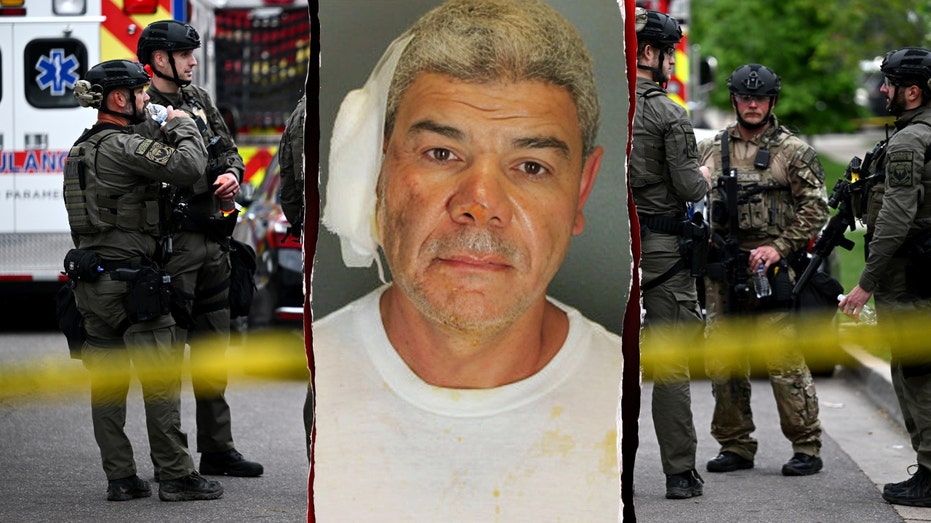Boulder Suspect Spent Year Planning Molotov Cocktail Attack on Pro-Israel March, Authorities Reveal
Mohamed Sabry Soliman faces federal hate crime charges after allegedly planning an attack on a Boulder pro-Israel march, injuring eight.

The suspect at the center of an alleged domestic terrorism incident in Boulder, Colorado, is accused of meticulously planning an attack on a pro-Israel march for more than a year, as revealed by recently unsealed court documents. Mohamed Sabry Soliman, an Egyptian national whose U.S. visa expired in March 2025, reportedly told investigators that he delayed his plan until after his daughter’s graduation before moving forward with what authorities have described as a "targeted terror attack."
According to the federal complaint, Soliman spent months researching and assembling incendiary weapons, learning their construction from online videos, and collecting the necessary materials—gasoline, rags, glass bottles—in preparation. On June 1, he allegedly drove his silver Toyota Prius to Boulder’s Pearl Street area, where a group called Run For Their Lives had organized a weekly march to raise awareness about Israeli hostages in Gaza. Soliman claimed he found out about the event through social media channels.
Witnesses reported that shortly after 2 p.m. local time, Soliman shouted, “Free Palestine!” before throwing two ignited Molotov cocktails into a gathering crowd. He was apprehended by police minutes later. The explosives injured eight people, ranging in age from 52 to 88, leaving one victim in critical condition. Fortunately, no fatalities have been reported.
During questioning, Soliman admitted to targeting what he referred to as a "Zionist group" and expressed regret only that the attack did not result in more casualties. “I would do it again,” he reportedly told investigators, emphasizing his motivation was rooted in opposition to Zionism, which he perceived as an existential threat to "our land," referencing Palestine.
Authorities recovered at least 14 additional unlit Molotov cocktails, gasoline containers, red rags, and a weed sprayer—believed to be intended for distributing flammable liquid—at the scene. Inside Soliman’s vehicle, officers also discovered papers labeled “Israel,” “Palestine,” and “USAID.”
A video circulating on social media appeared to show Soliman shirtless, wielding one of the Molotov cocktails while pacing and chanting, “How many children killed?” followed by “End Zionist.” The footage quickly spread online, amplifying concerns about the rising threat of politically and religiously motivated violence.
Further searches uncovered a journal and a smartphone with family messages, both of which have been turned over to investigators. Investigators also examined a storage unit connected with Soliman, seeking additional evidence of premeditation or further threats.
Federal prosecutors have charged Soliman under hate crime statutes—specifically, 18 U.S.C. §§ 249(a)(1) and (a)(2)—for acts motivated by perceived race, religion, or national origin. The case has sparked renewed debate nationwide about domestic extremism, the role of online radicalization, and the security of public demonstrations amid ongoing international conflicts.




